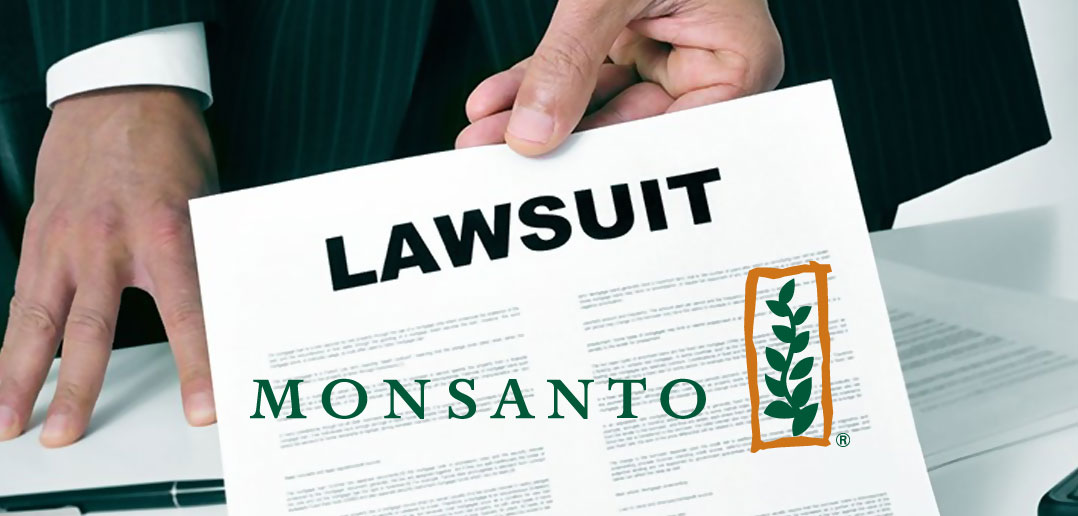
The city of Seattle is to join five other major US cities that are suing Monsanto over PCB contamination.
Seattle is suing to make Monsanto pay for the cleanup of toxic PCBs from the city’s drainage system and the Duwamish River.

BYPASS THE CENSORS
Sign up to get unfiltered news delivered straight to your inbox.
You can unsubscribe any time. By subscribing you agree to our Terms of Use
Latest Video
The cities of Berkeley, Oakland, San Jose, San Diego and Spokane are also filing suits against the agricultural biotech giant.
Natural Society reports:
Though most of us know Monsanto for creating the best-selling herbicide Round Up and contributing to the creation of Agent Orange, in this case, PCB contamination is targeted in 20,000 acres that drain to the Lower Duwamish, a federal Superfund site in Seattle, Washington.
Monsanto was a producer of PCBs (polychlorinated biphenyls) for commercial use in the U.S. from 1935 to 1977. The company has made millions from selling PCBs, all the while knowing that natural environments were suffering, causing harm to people, wildlife, and pets.
A majority of the people who worked for Monsanto in their PCB-making ‘glory days’ had little clue what the chemicals were doing to them. Most never thought to connect Monsanto to some of the odder features of life in places such as Anniston, Alabama – where the creek (known locally as “the ditch”) passed through town carrying water that ran red some days, purple on others, and occasionally emitted a foggy white steam.
Seattle City Attorney Pete Holmes got the idea of filing the lawsuit in Seattle from other cities which have already done the same. Jose, Oakland, Berkeley, San Diego, and Spokane have already set up legal proceedings against Monsanto.
“When the profit motive overtakes concern for the environment, this is the kind of disaster that happens,” Holmes said. “I’m proud to hold Monsanto accountable.”
An untold amount of PCBs have contaminated Seattle’s waterways in the last few decades. Resident fish and shellfish in the Lower Duwamish Waterway are so contaminated by PCBs that the state Health Department advises there is no safe amount to eat — though people continue to fish from its waters.
No specific amount of damages have yet been named in Seattle’s lawsuit against Monsanto. These will be determined through due course as the suit progresses.
If Holmes can sue Monsanto for the city of Seattle, might not an attorney from every major city in the US do the same?


